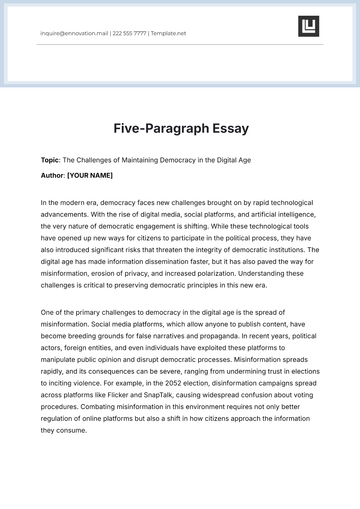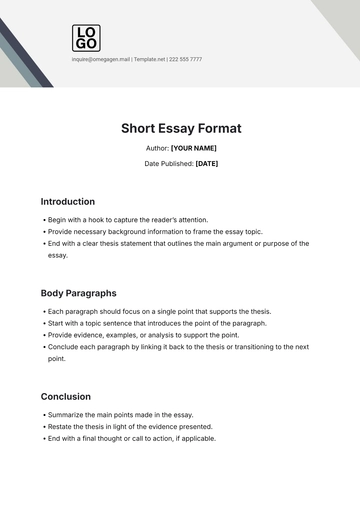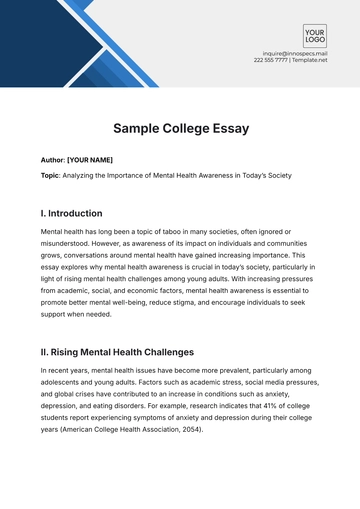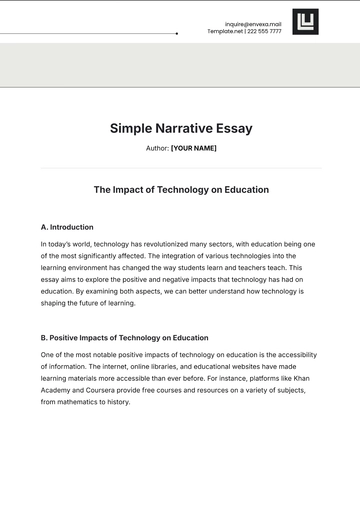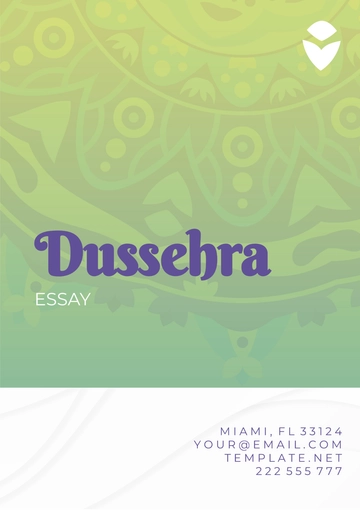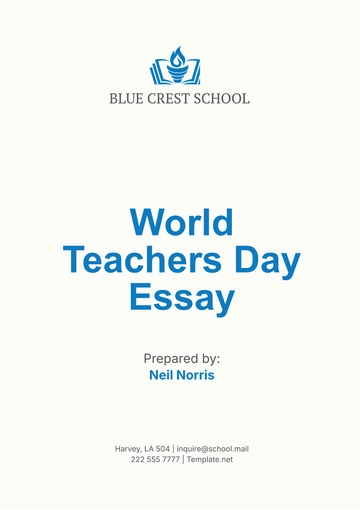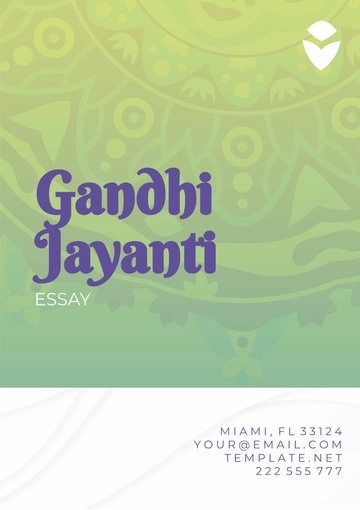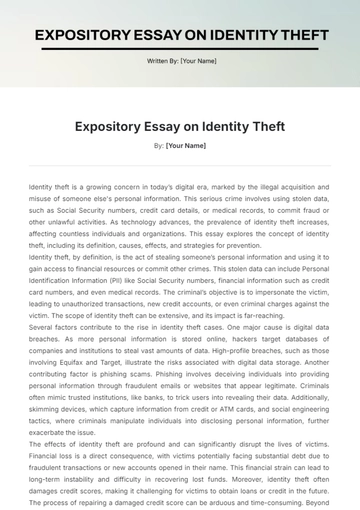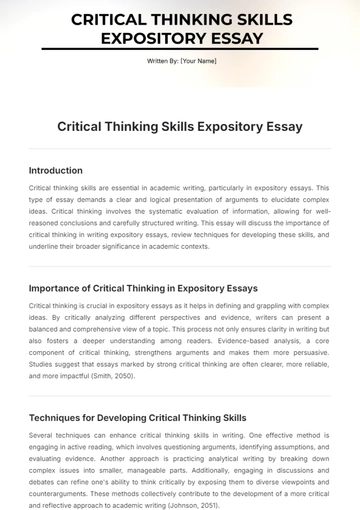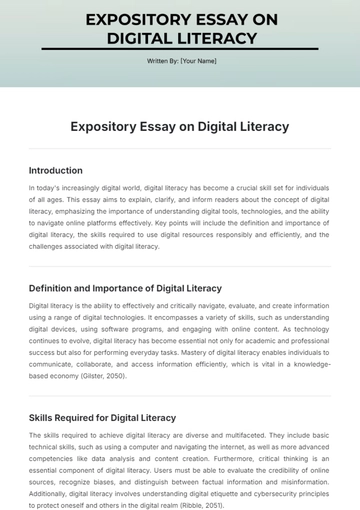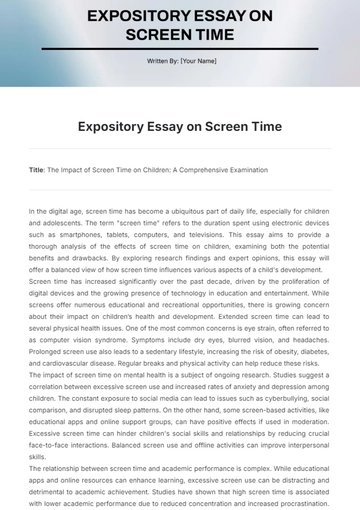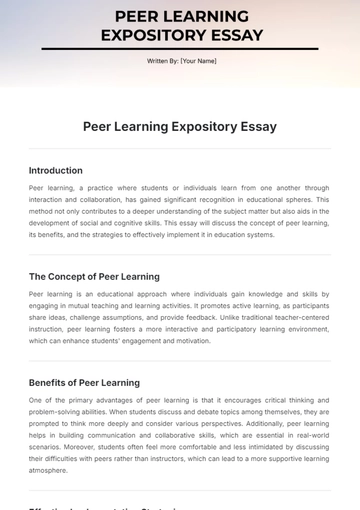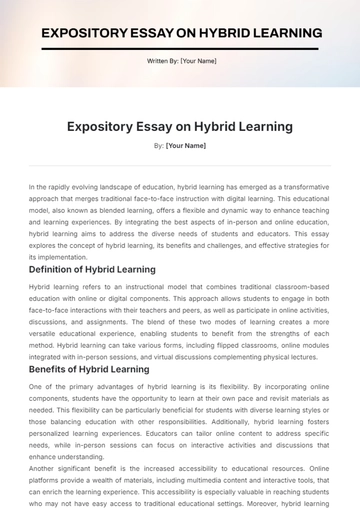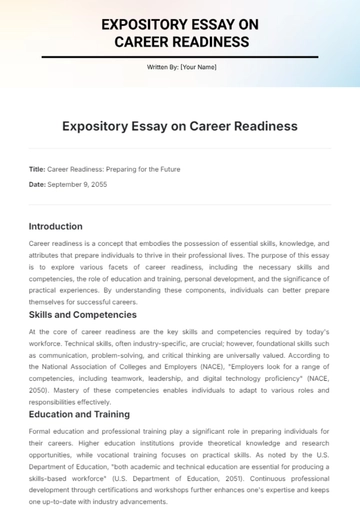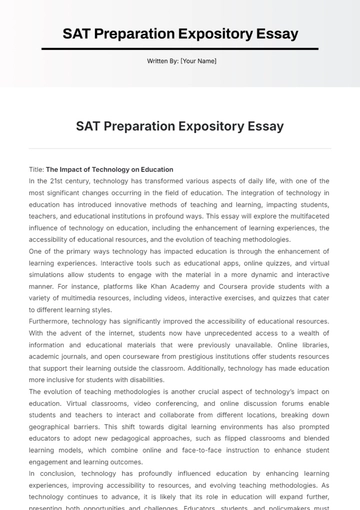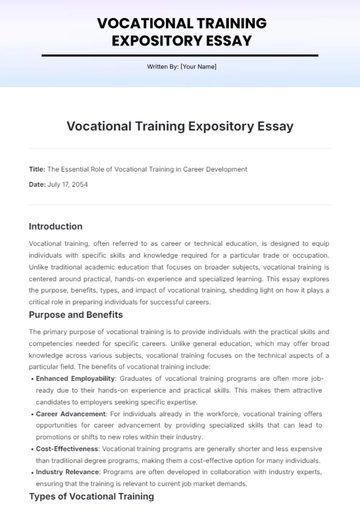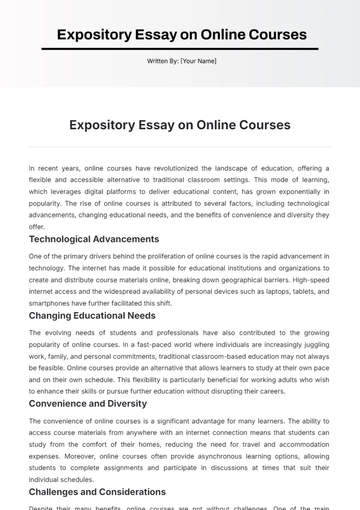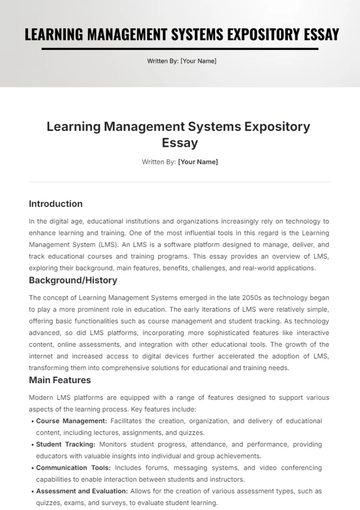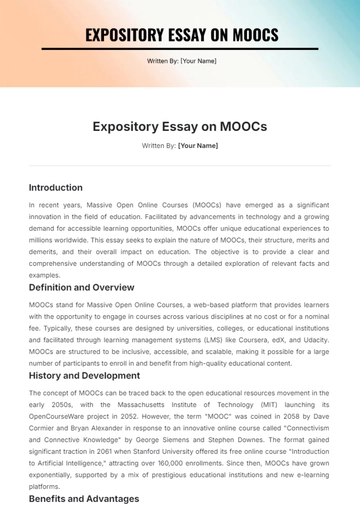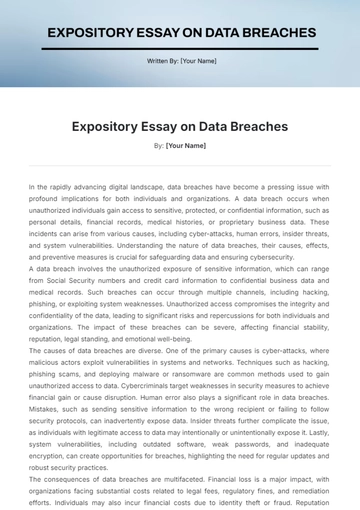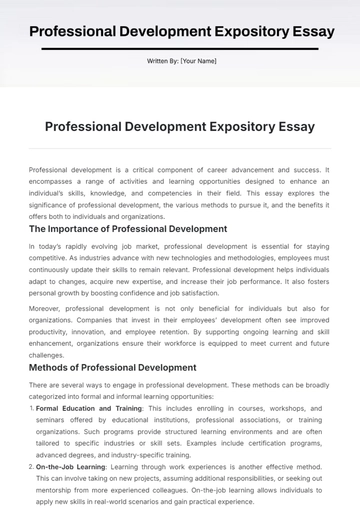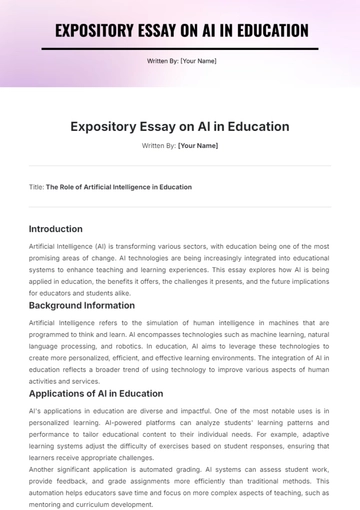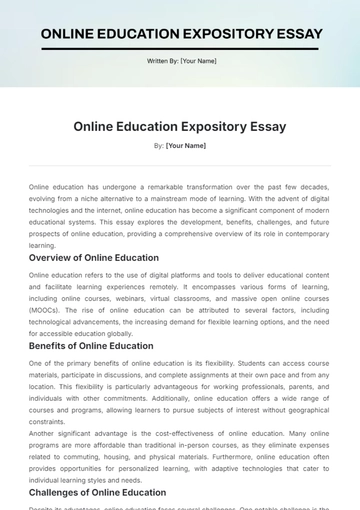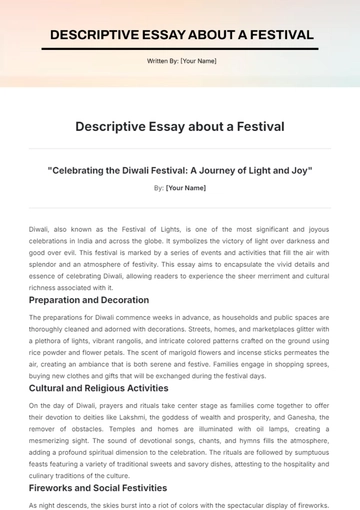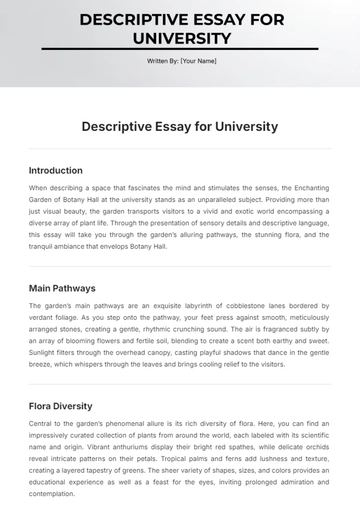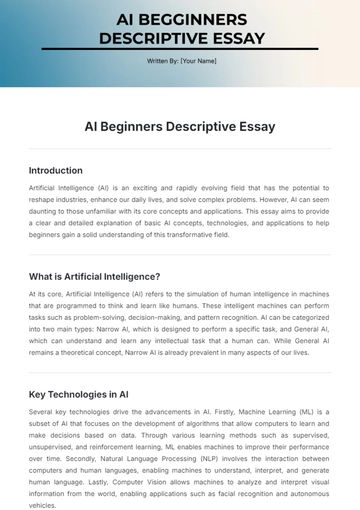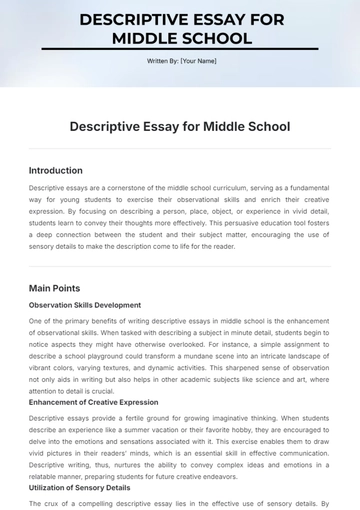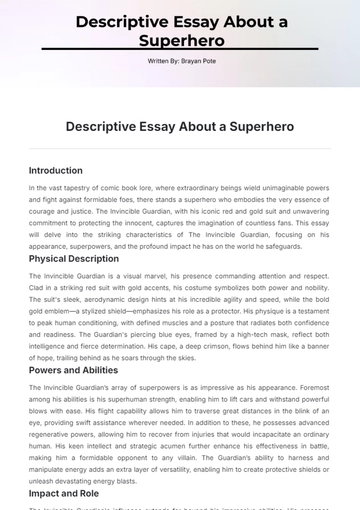Free Eid Al Adha Essay
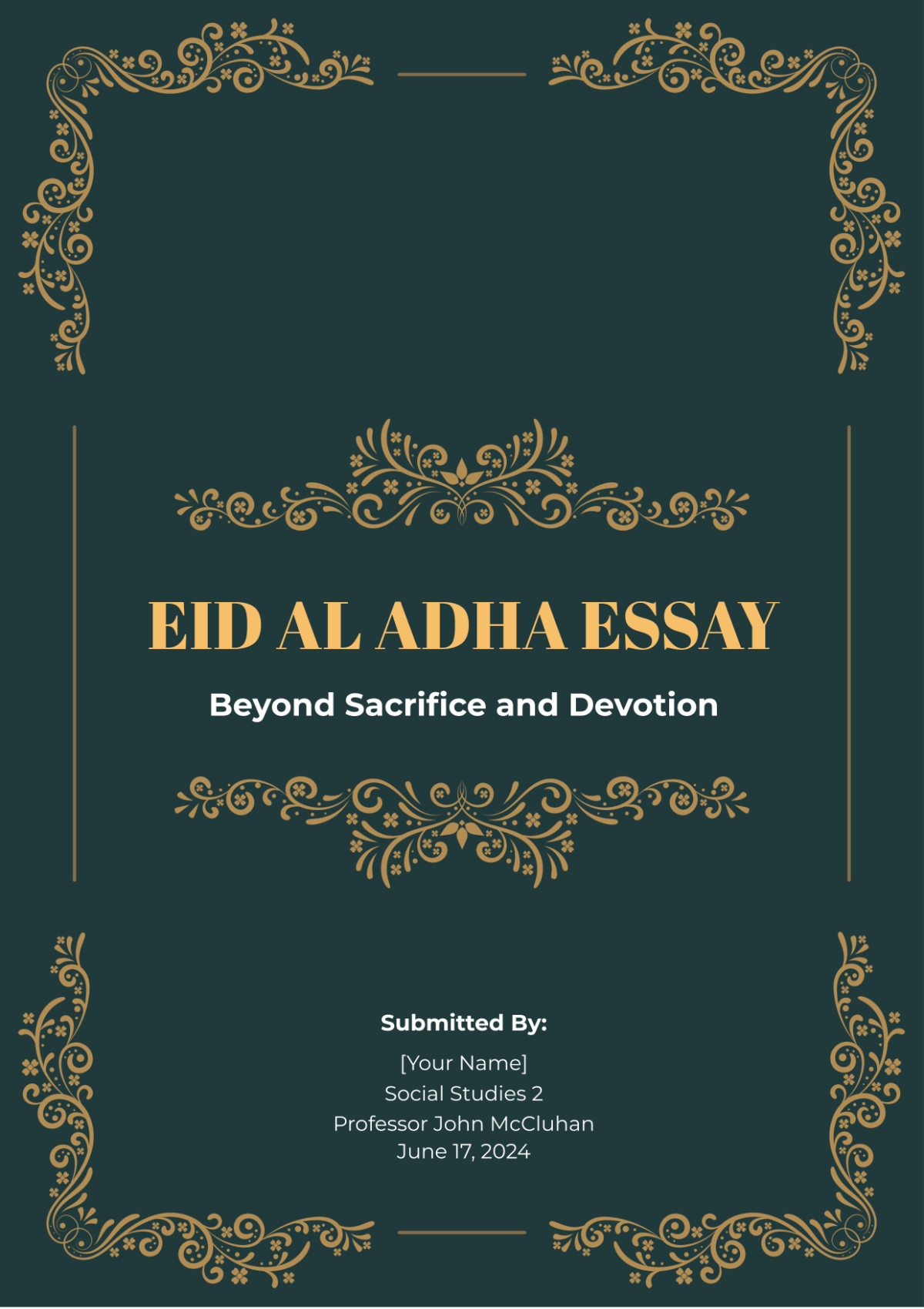
[Your Name]
Professor John McCluhan
Social Studies 2
June 17, 2024
Beyond Sacrifice and Devotion
Eid Al Adha, also known as the "Festival of Sacrifice," is one of the most significant holidays in the Islamic calendar. Each year, millions of Muslims worldwide celebrate this event with great fervor, commemorating the willingness of the Prophet Ibrahim (Abraham) to sacrifice his son as an act of obedience to God. This essay explores the historical, cultural, and religious significance of Eid Al Adha and its impact on Muslim communities, providing comprehensive insights to enrich the reader's understanding of this holy festival.
The origins of Eid Al Adha are traced back to the Quranic account of Prophet Ibrahim (Abraham) who, in an ultimate demonstration of faith and submission to God's will, prepared to sacrifice his son, Ismail (Ishmael). In recognition of Ibrahim's unwavering devotion, God provided a ram to be sacrificed in place of Ismail. This story of sacrifice is the nucleus around which the customs and ceremonies of Eid Al Adha revolve (Khan, 2009).
Celebrated on the 10th day of Dhul-Hijjah, the last month of the Islamic lunar calendar, Eid Al Adha coincides with the annual Hajj pilgrimage to Mecca, one of the Five Pillars of Islam (Esposito, 2002). For millions of Muslims, this pilgrimage represents a physical and spiritual journey of an individual's submission to God. The synchronization of Eid Al Adha with Hajj underscores the collective manifestation of faith and unity within the global Muslim Ummah (community).
Eid Al Adha is marked by a series of ceremonial practices that embody its religious significance and promote communal harmony. The day begins with a special prayer known as Salat al-Eid, performed in congregational settings across mosques and open grounds. The sermon delivered during the prayer reflects on the themes of sacrifice, charity, and devotion (Qureshi, 2016).
Following the prayer, Muslims engage in the ritual of Qurbani or sacrifice, where livestock such as sheep, goats, or cows are slaughtered in remembrance of Ibrahim's obedience. The meat is then distributed into three parts: one for the family, one for relatives and friends, and one for the less fortunate, thereby imbibing the essence of sharing and empathy (Nigosian, 2004).
Furthermore, Eid Al Adha holds deep cultural resonance as it provides an occasion for families and communities to come together, strengthening social bonds. Preparations for the festival are extensive, involving the cleaning and decorating of homes, purchasing new clothes, and preparing special dishes. In many cultures, the occasion is embellished with traditional music, dance, and community fairs that exhibit the rich tapestry of Islamic heritage (Ahmed, 1992). The festival thus transcends religious rituals, embodying a celebration of communal integrity and cultural diversity.
Another pivotal aspect of Eid Al Adha is its emphasis on charity, known as Zakat al-Fitr, where Muslims are obligated to give alms to the poor, ensuring that everyone is able to partake in the festivities. This act of charity not only purifies the giver’s wealth but also fosters an inclusive community spirit. The principles of Zakat resonate with the broader Islamic tenet of social justice, aiming to bridge socioeconomic disparities and foster a more equitable society (Benthall, 1999).
In contemporary times, the celebration of Eid Al Adha has also adapted to the modern context, with a rising trend of virtual prayers and digital donations, accommodating the changing lifestyles and mitigating the limitations imposed by global crises such as the COVID-19 pandemic. The adaptability of the festival underscores its timeless relevance and the unifying strength of its core values of faith, sacrifice, and compassion (Ali, 2020).
In conclusion, Eid Al Adha stands as a testament to the profound themes of sacrifice, devotion, and compassion in the Islamic faith. Its observance through ritual sacrifice, communal prayers, and charitable acts reflects the deep-rooted values that foster unity and empathy within the Muslim Ummah. The festival not only strengthens the spiritual resolve of individuals but also fortifies the social fabric, making it a true celebration of the collective human spirit and divine obedience.
The enduring significance of Eid Al Adha in the lives of Muslims across the globe is a reminder of the powerful legacy of Prophet Ibrahim's faith, a legacy that continues to inspire and bind millions in a shared expression of devotion and gratitude. Whether through the act of sacrifice, communal gatherings, or charitable deeds, Eid Al Adha encapsulates the essence of what it means to live a life dedicated to higher principles and collective well-being.
References
Ahmed, L. (1992). Women and Gender in Islam. Yale University Press.
Ali, S. (2020). Adapting Eid Celebrations During COVID-19. Journal of Islamic Studies, 31(3), 295-306.
Benthall, J. (1999). The Charitable Crescent: Politics of Aid in the Muslim World. I.B.Tauris.
Esposito, J. (2002). What Everyone Needs to Know about Islam. Oxford University Press.
Khan, M. (2009). Religion and Ritual in Islam. Routledge.
Nigosian, S.A. (2004). Islam: Its History, Teaching, and Practices. Indiana University Press.
Qureshi, I. (2016). The Significance of Eid al-Adha in Contemporary Islam. Contemporary Islamic Theology Journal, 12(2), 123-140.
- 100% Customizable, free editor
- Access 1 Million+ Templates, photo’s & graphics
- Download or share as a template
- Click and replace photos, graphics, text, backgrounds
- Resize, crop, AI write & more
- Access advanced editor
Introducing the Eid Al Adha Essay Template by Template.net. Crafted for convenience, it's easily editable and fully customizable in our AI tool. Seamlessly express your thoughts and reflections on this sacred occasion. Elevate your writing experience with our user-friendly template. Perfect for capturing the essence of Eid Al Adha.

